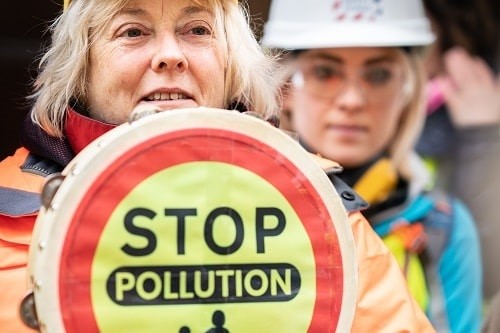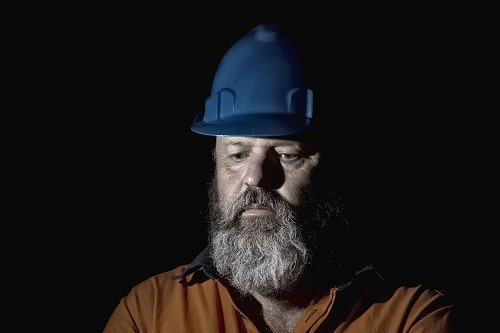Senior doctors have called for links between air pollution and lung cancer in outdoor workers to be made clearer, following new evidence of large numbers of non-smokers suffering from the disease.
News
Lung cancer in non-smokers highlights air pollution risk
The research estimates that nearly 6,000 people who have never smoked die each year in the UK from lung cancer.
Around 15 per cent of these non-smoker lung cancer cases are due to second-hand smoke. However, occupational carcinogen exposure – such as for people who work outside on busy roads, for example – the rate was 20.5 per cent of lung cancers in male non-smokers. The rate was less for women – just 4.3 per cent of cases. Lung cancer deaths that could be directly linked to air pollution was 8 per cent of the annual total.
The report in the Journal of Royal Society of Medicine shines a light on the underrated risks of lung cancer, say authors.
“While smoking accounts for 86 per cent of all lung cancers, if considered as a separate entity lung cancer in never-smokers is the eighth most common cancer-related death in the UK, and the seventh most preventable cancer in the world,” said the paper.
The number of deaths in non-smoking-related cancer are greater than deaths from cervical cancer (900 per year) and leukemia (4,500 per year). Authors said that while historically strong, and correct, the messaging on smoking and lung cancer has inadvertently contributed to lung cancer receiving much less attention than other cancers.
 British Safety Council has been highlighting the risks to outdoor workers from air pollution via Time to Breathe campaign
British Safety Council has been highlighting the risks to outdoor workers from air pollution via Time to Breathe campaign
The report adds that while these are estimates – it is difficult to identify causes in individual patients due to the ‘overlapping and ubiquitous nature of risk factors and exposures’ – they highlight an awareness gap.
Lead author, Professor Paul Cosford, medical director for Public Health England, said: “For too long having lung cancer has only been thought of as a smoking related disease. This remains an important association but, as this work shows, the scale of the challenge means there is a need to raise awareness with clinicians and policy makers of the other risk factors including indoor and outdoor air pollution.”
Access the study here
Time to Breathe here
NEWS

Nearly half of UK workers afraid to flag risks, says new research
By Belinda Liversedge on 10 February 2026
A significant “silence gap” is threatening UK workplace safety and operational integrity, according to new data released by training provider Mental Health First Aid (MHFA) England.
Sexual misconduct in dentistry: former GDC fellow warns of ‘culture of silence’
By Belinda Liversedge on 05 February 2026
A former General Dental Council (GDC) clinical fellow is calling for a radical shift in how the dental sector manages workplace risk, warning that a “culture of silence” is masking the problem of sexual misconduct in the profession.

Tinnitus UK demands national safety standard as live music workers face hearing loss epidemic
By Belinda Liversedge on 03 February 2026
Tinnitus UK is calling for clear, enforceable standards on hearing protection and training after a staggering 93 per cent of live music workers report hearing problems.



